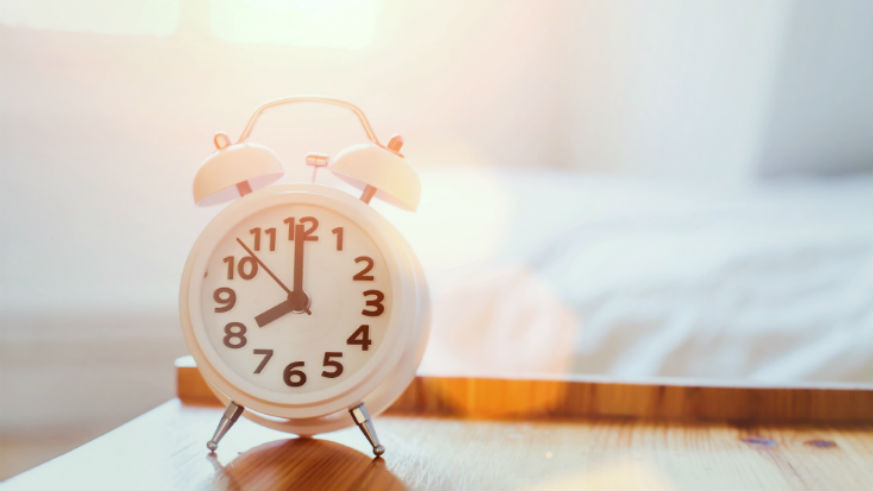It’s one of those weeks — you know, the ones when you’re running on caffeine and not much else. You have a few huge work deadlines, your family is coming into town and you have to plan a birthday party for 15 people.
Sleep? What’s that? You’re lucky to get a few hours each night.
It’s relatively easy to power through a few days with little sleep — you just have to focus on the light at then end of the tunnel (like the weekend) when catching up on sleep is your main priority.
But is catching up on sleep you lost during the week actually possible by snoozing for a few extra hours on Saturday and Sunday?
Yes, according to Dr. Neil Kleine, spokesman for the National Sleep Association.
“You can make up sleep deficits that you accumulate during weekdays,” he tells Metro. “Sleep debt accrues over time. For every hour that you miss out, you will have to make it up as another time.”
What is sleep debt?
When you don’t get enough sleep, you build up sleep debt, which is essentially the pressure in your body from all the healing and resetting that didn’t get to happen through your busy week of sleep deprivation.
“Some of this can be made up by sleeping in,” sleep expert Benjamin Smarr, Ph.D tells Metro. “Many people feel the desire to sleep in on weekends precisely because they have built up a sleep debt during the week.”
However, while the strategy works for healing the body, “it cannot give back the moments throughout the week in which you weren’t as sharp or attentive or articulate as you would have been had you slept properly,” says Dr. Smarr.
And that’s the problem: While a good long snooze might make you feel better, you can’t go back in time and reverse any mistakes you made due to lack of sleep. “Short-term sleep deprivation increases the risk for car accidents and other work-related dangers,” says Dr. Kleine.
How long-term sleep deprivation affects your body
Chronic sleep deprivation can cause a number of serious health problems including diabetes, depression and obesity. One study of 60,000 women found that women who regularly slept five or fewer hours each night were 15 percent more likely to become obese than women who slept seven or more hours. They were also more likely to gain 30 or more pounds during the study.
The reasons why aren’t completely understood, but researchers believe it’s either because people have more hours to eat when they’re sleep deprived and, therefore, take in more calories, or they are too tired to exercise.
Another study by Harvard Medical School found that chronic sleep loss “markedly increased the rate of deterioration in performance across wakefulness” even if try catching up on sleep by logging an extra 10 hours to make up for two weeks of six hours of sleep a night. In other words: It’s not enough to make up for chronic sleep loss – and your reaction times and ability to focus is worse than if you stayed up and pulled an “all nighter.”
Are naps the answer to chronic sleep loss and the key to catching up on sleep?
“There is no substitute for sleep,” Dr. Kleine tells Metro. “It is a basic biological need like air, food and water.”
If you can’t get a full night in every night, Dr. Smarr recommends taking 20 to 30 minute naps during the day to help instead of waiting for the weekend to try catching up on sleep.
“A good nap is not a long interruption in the day, but a brief moment of respite, where we’re able to recharge,” he told Forbes. “This actually improves our overall activity throughout the day and makes us productive for longer periods of time; it’s the smart move. And if we use that extra energy, we’re still left tired enough to get a full night’s sleep.”
So, go ahead and take that nap in the afternoon. It’s doctor’s orders!



















